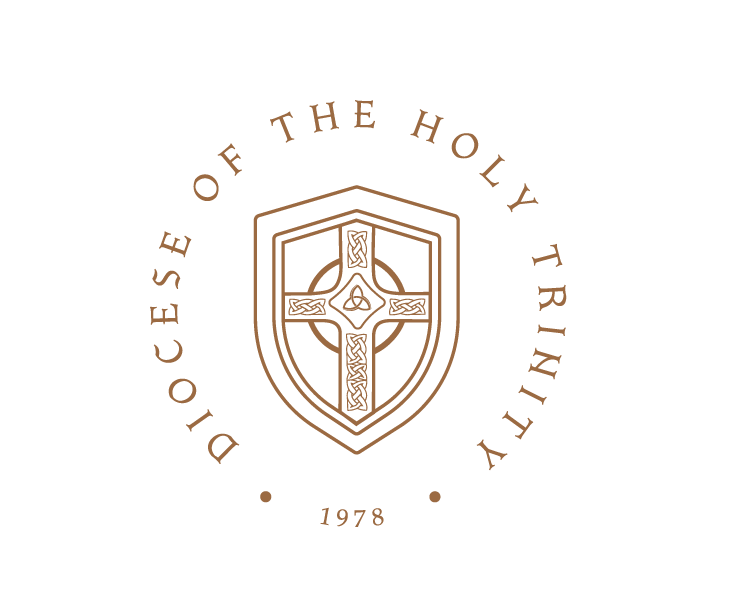Spiritual Direction
Spiritual direction is rooted the truth that we are likely to wander into difficulties if we rely entirely on our own advice. The completely self-taught man has a fool for a student, and the completely self-directed Christian has a fool for a client and a guide. Here we confront a prevailing error of the consumer culture. We are so used to believing that whatI think and want are the most important things that we have difficulty submitting to the counsel of another. Yet we are called to submit to one another in the fear of God (Ephesians 5:21)There is a problem of finding competent people to act as spiritual directors. This problem seems to have a two-fold cause. First, because the church adopted so many assumptions of the consumer and marketing culture, it tended to form pastors and priests who fit that model. There has been an emphasis on oratory, appearance and a message that impacts life in some “practical” way right now. Introspective souls who are devoted to the life of prayer—who do the more mundane work of spiritual horticulture over time—have not been valued and produced in large number.Second, because the church has valued theology over ascetic, it has tended to produce intellectuals who can defend and explain the faith rather than saints who can model and direct others in the life of prayer. We have taught people to teach the faith rather than to direct the faithful. The renewal of the church requires that we change this emphasis.A root problem is how we look at the Christian life in the first place. What do we think we are doing in the Christian life? What is its aim and goal? There are few wrong answers. One is that we believe in Christ in order to make us happy; another is that faith is present to help us in times of crisis; still another is that faith is mainly an insurance policy against hell.Now, practicing the Christian faith over time will make us happier (more contented and fulfilled), help us to negotiate difficult times and save us from judgment and eternal separation from God. However, these are the fruit of faith and not its main focus. The proper focus of the Christian life is on continual progress in holiness towards the goal of resurrection and life in the world to come. Spiritual direction has this focus and goal.Spiritual direction will lead us to ask, what is God doing in my life? How is all this stuff working together to make me more like Christ and prepare me for life in the coming kingdom? When we look at life this way we stop asking, why is God doing this to me? And we start asking, what does God mean to accomplish in my life through this?Spiritual direction requires a community of people that share this perspective; otherwise we will just be lone-ranger spiritual consumers. This is the counter-cultural community of what Thornton calls “the parochial remnant” (Pastoral Theology 24). In the remnant community of those who are serious about the life of prayer, we will find others—those who have been at it a little longer and are a little further down the road—to help us and guide us. If we begin to focus on ascetical theology and spiritual growth, we will produce more spiritual directors—and also more saints.

